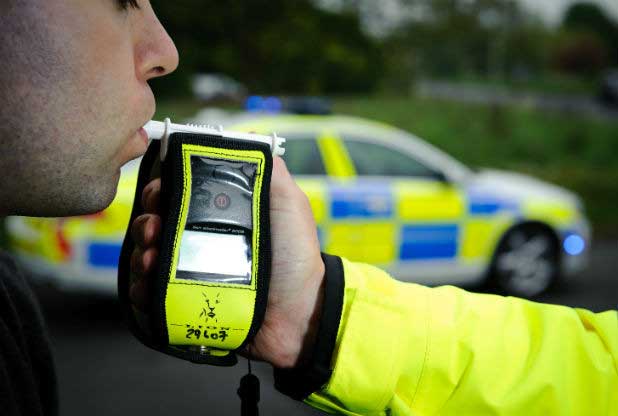We are finding the offence of driving whilst unfit through drink or drugs, an ever increasing once, with multiple enquiry’s from individuals recently charged with the offence. This offence confuses a lot of people who believe they have been charged with drink or drug driving. The main difference with this offence, is the ‘impairment aspect’. You are not being charged for simply operating a motor vehicle with drink/drugs in your system, but for the manner of your driving being affected by the substance detected in your system.
It is important to note than even though you may be under the legal limit for drink/drugs, you can still be charged and successfully convicted of this offence if the prosecution can prove this substance caused you to be impaired.
Subject to Section 4 of the Road Traffic Act 1988 ‘A person, who when driving or attempting to drive a mechanically propelled vehicle on a road or other public place, Is unfit to drive through drink or drugs is guilty of an offence.’
If an officer has a reasonable suspicion your standard of driving is impaired through drink/drugs or you are under the influence, they may stop your vehicle and require you to carry out a number of tests. Alongside the usual breathalyser for drink and drug swipe drugs, attending officer/s may also have you carry out a number of impairment tests, either at the roadside or at the police station.
These tests can include but are not limited to :
1. The Walk and Turn Test
For this test you must walk in a straight line, heel – to – toe, for a total of 9 steps away from the officer. Then, you are to turn around and repeat the test, but this time walking in the direction of the officer.
2. The Balance and Judgement test, also known as The Romberg Test
The Romberg Test is carried out to measure a person’s sense of balance. The test focused specifically on the dorsal column of the spinal cord. During this test you must stand still, tilt your head back and count to thirty seconds. Alongside testing your balance, this test also checks your judgement of time, both of which can be impaired by drink/drugs.
3. The One Leg Stand Test
This test is fairly self-explanatory; you must stand on one leg and count out loud. Officers use this test to establish your sense of balance, as intoxicated individuals often sway unknowingly or loose balance.
4. The Pupil Measurement Test
This test measures not only the size of an individual’s pupils, but also their condition and the pupils reaction to light. This test is carried out as most illegal substances cause pupils to shrink or enlarge, once the substance enters the individuals blood stream. These changes are checked against a card, by an officer to indicate abnormalities.
5. The Finger To Nose Test
This test focuses on establishing whether an individual’s co-ordination is affected by drugs or alcohol. During this test the individual will be asked to tilt their head back with their eyes closed and then touch their finger to their nose, using the hand specified by the officer.
Whilst this test is often criticized as being an archaic method or unfair to those less able or suffering from injuries, the results of this test are often used to secure a conviction for this offence. Should an officer consider you have failed these tests, you will then be arrested and taken into custody.
These tests alone are not usually enough to prove impairment, beyond reasonable doubt and therefore, a sample of either blood or urine will be requested from the individual at the police station. It is important you don’t refuse to provide this specimen, as you will then be charged with ‘Failing to provide a specimen for analysis’ , which can itself carry a custodial sentence. For more information of the sentencing for this offence, please see our article ‘ Can I go to jail for failing to provide a specimen for analysis’.
Once your sample has been collected it will then be sent off to a laboratory for analysis, you will then need to wait for your results – which can take several months. You will be given the opportunity to take a sample of your own and we would always recommend you do so – this will allow you to independently test your blood if needed.
If you have been charged or pulled over for driving whilst unfit through drink or drugs and require further advice or representation, please call one of our motoring experts on 0330 912 2124.

